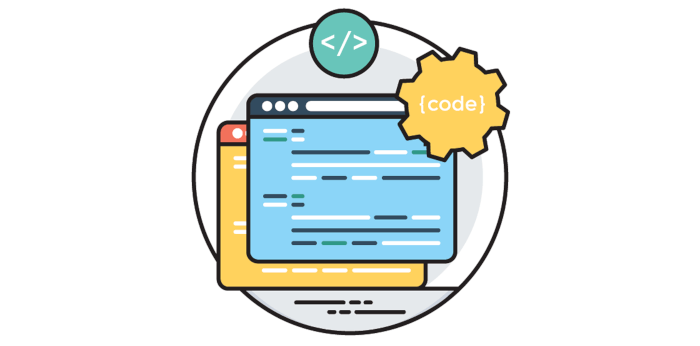Quixote is an open source framework for writing Web-based applications using Python aimed at sites where complex programming is required. Its goals are flexibility and high-performance, in that order. Quixote applications tend to be structured like traditional applications. The logic for formatting web pages consists of Python classes and functions. Separation of presentation logic and “back-end” logic is not enforced by Quixote.
A Quixote application is typically a Python package, a collection of modules grouped into a single directory tree. Quixote then maps a URL to a function or method inside the Python package; the function is then called with the contents of the HTTP request, and the results are returned to the client.
As Quixote web framework is based on Python, it’s primarily developed for Python developers who are into developing dynamic websites.
Quixote requires Python 2.4 or a later version and a sound understanding of Python.
Features include:
- A simple and flexible design.
- Session management API.
- Comes with a templating language, the Python Template Language (PTL). The template generates HTML from Python code (or to simply embed HTML in Python); the basic syntax is nearly the same as Python’s. Remember that PTL is not required in Quixote applications.
- HTML templates are written in Python-like syntax and can be imported just like other Python code.
- Library of functions to help create HTML for common screen widgets (text boxes, radio buttons, etc.) and the extraction of data entered by the user into those widgets.
- Library of functions to assist with the creation and analysis of an HTML form.
- Works with any web server that supports CGI and/or FastCGI.
- SCGI protocol is also supported.
- Supports Apache’s mod_python.
Website: github.com/nascheme/quixote
Support:
Developer: Quixote Developers
License: CNRI Open Source License
Quixote is written in Python. Learn Python with our recommended free books and free tutorials.
Return to Python Microframeworks
| Popular series | |
|---|---|
| The largest compilation of the best free and open source software in the universe. Each article is supplied with a legendary ratings chart helping you to make informed decisions. | |
| Hundreds of in-depth reviews offering our unbiased and expert opinion on software. We offer helpful and impartial information. | |
| The Big List of Active Linux Distros is a large compilation of actively developed Linux distributions. | |
| Replace proprietary software with open source alternatives: Google, Microsoft, Apple, Adobe, IBM, Autodesk, Oracle, Atlassian, Corel, Cisco, Intuit, SAS, Progress, Salesforce, and Citrix | |
| Awesome Free Linux Games Tools showcases a series of tools that making gaming on Linux a more pleasurable experience. This is a new series. | |
| Machine Learning explores practical applications of machine learning and deep learning from a Linux perspective. We've written reviews of more than 40 self-hosted apps. All are free and open source. | |
| New to Linux? Read our Linux for Starters series. We start right at the basics and teach you everything you need to know to get started with Linux. | |
| Alternatives to popular CLI tools showcases essential tools that are modern replacements for core Linux utilities. | |
| Essential Linux system tools focuses on small, indispensable utilities, useful for system administrators as well as regular users. | |
| Linux utilities to maximise your productivity. Small, indispensable tools, useful for anyone running a Linux machine. | |
| Surveys popular streaming services from a Linux perspective: Amazon Music Unlimited, Myuzi, Spotify, Deezer, Tidal. | |
| Saving Money with Linux looks at how you can reduce your energy bills running Linux. | |
| Home computers became commonplace in the 1980s. Emulate home computers including the Commodore 64, Amiga, Atari ST, ZX81, Amstrad CPC, and ZX Spectrum. | |
| Now and Then examines how promising open source software fared over the years. It can be a bumpy ride. | |
| Linux at Home looks at a range of home activities where Linux can play its part, making the most of our time at home, keeping active and engaged. | |
| Linux Candy reveals the lighter side of Linux. Have some fun and escape from the daily drudgery. | |
| Getting Started with Docker helps you master Docker, a set of platform as a service products that delivers software in packages called containers. | |
| Best Free Android Apps. We showcase free Android apps that are definitely worth downloading. There's a strict eligibility criteria for inclusion in this series. | |
| These best free books accelerate your learning of every programming language. Learn a new language today! | |
| These free tutorials offer the perfect tonic to our free programming books series. | |
| Linux Around The World showcases usergroups that are relevant to Linux enthusiasts. Great ways to meet up with fellow enthusiasts. | |
| Stars and Stripes is an occasional series looking at the impact of Linux in the USA. | |
